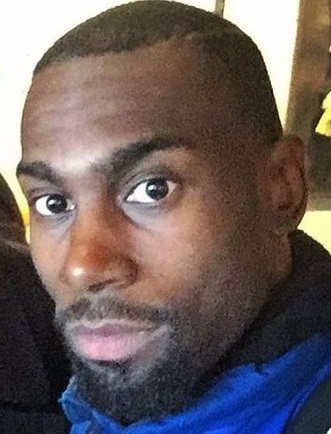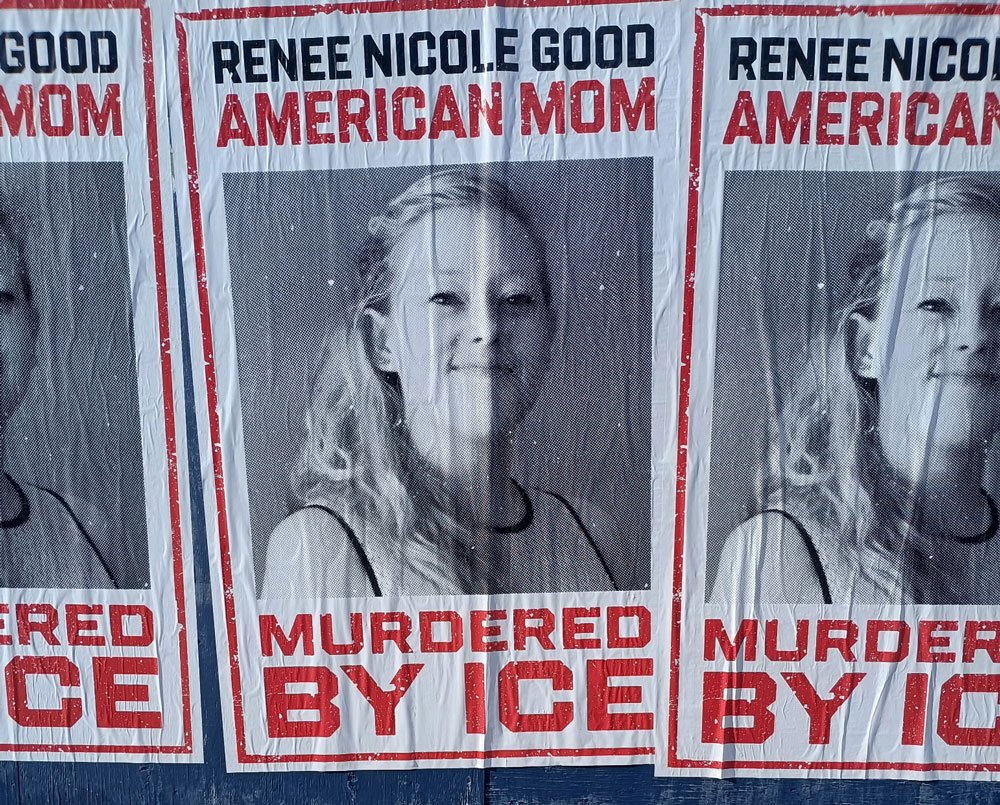
DeRay Mckesson, who announced last Thursday that he was running for mayor of Baltimore, has a skeleton in his closet called Teach for America—and that may not be his only problem. While the mainstream media has played up his late-declared candidacy among 12 others vying for the same post as “Black Lives Matter Activist runs for Mayor,” others who one might assume would be supportive are more skeptical.
Mckesson, who is an alumnus of TFA, made a name for himself during the Ferguson protests with his Twitter coverage of the action—and, not for nothing, he boasts nearly 300,000 followers on that medium. His campaign garnered more than $70,000 in donations within 24 hours of his announcement, but even in Mckesson’s own estimation, he is affiliated with neither the 26-chapter Black Lives Matter Network—founded by Opal Tometi, Alicia Garza, and Patrisse Cullors in 2012—nor with other organizing groups in that movement. In fact, the one organization that he seems to be firmly affiliated with long-term is TFA, which brings with it certain baggage as far as some critics are concerned. That baggage comes in TFA’s reputation both as a politically sophisticated promoter of school privatization and de-unionization of schools as well as an extraordinary mastery of PR, lobbying, and fundraising. In fact, Mckesson just recently spoke alongside charter advocate Michelle Rhee at TFA’s 25th anniversary celebration.
As Rick Cohen wrote for NPQ last year, TFA has been under fire for its lack of diversity among other things, including its ability to offer decisive proof after a quarter of a century and many millions in philanthropic and public dollars that it is effective in its mission of improving education for low income children.
Drew Franklin, writing for AlterNet, says he was unable to get confirmation on whether or not Mckesson’s candidacy was being backed by TFA but he has been assiduously trying to track down the full story on that matter and reports being met with Mckesson’s refusal to comment. He writes:
Sign up for our free newsletters
Subscribe to NPQ's newsletters to have our top stories delivered directly to your inbox.
By signing up, you agree to our privacy policy and terms of use, and to receive messages from NPQ and our partners.
The lack of transparency in the DeRay For Mayor campaign means the public will have to wait until March to identify all the contributors to its six-figure finances. But if history is any indicator, we can expect it to include many of the same financial interests that have waged assaults on public school teachers and students across the country. It remains to be seen if Teach For America and one of its most famous cadres will finally be held to account for their privatization agenda, before it begins to take hold in Baltimore.
But there is another stream of commentary from local activists. In Baltimore, where he grew up, Mckesson is now being seen as something of an “outsider candidate.” Kwame Rose, a local activist, wrote on social media, “I do not believe that DeRay has been invested enough in Baltimore to be the next mayor of Baltimore,” adding, “DeRay’s role is important to the movement as a whole. However, here in Baltimore, he’s been distant until recently during political season.”
And Jill Carter, a progressive member of Maryland’s House of Delegates, dubbed Mckesson’s bid “ridiculous.” Mckesson “has no authenticity and no base other than Twitter followers,” she said. “I’m a little worried that his decision is another self-serving scheme that will further divide our justice movement.”
Dayvon Love, public policy director for Leaders of a Beautiful Struggle (Transforming Baltimore Through Policy Action), expressed concern about that apparent disconnect: “It’s one thing to be able to show up to an event in a major mainstream media moment. It’s a different thing to get people from Baltimore to go to Annapolis for a hearing on police reform on a Tuesday at 1 in the afternoon.” Later, Love expressed to the Baltimore Sun that Mckesson “doesn’t have the political infrastructure, relationships and machine you need for an effective campaign.”
Of course, again, Mckesson is one in a field of 13, so we will all see where that goes but the idea of this national nonprofit being the politicized skeleton in the closet is interesting.—Ruth McCambridge












